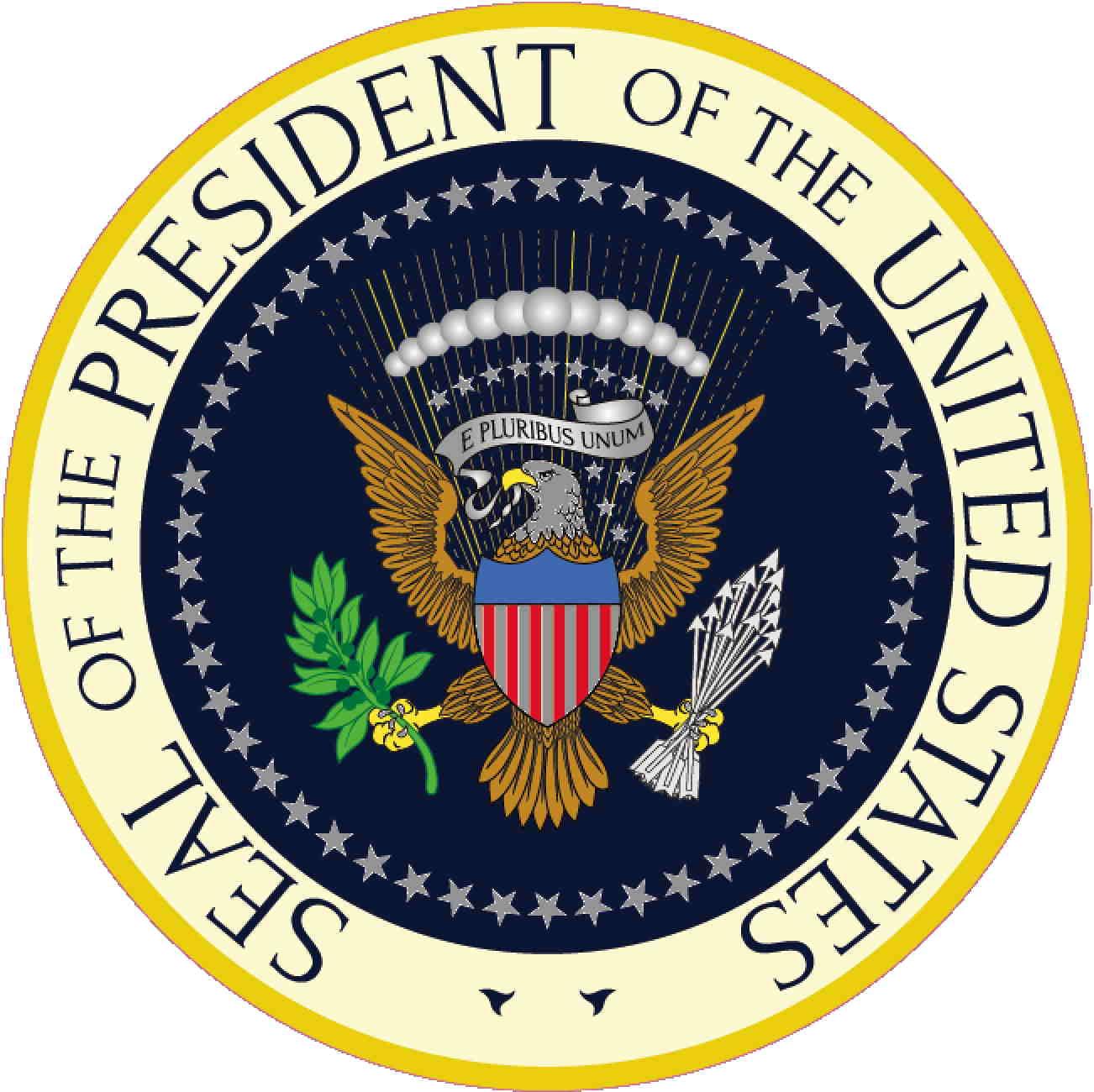Biden’s Science Appointments

The Biden-Harris Administration is sure to have a very different approach to science policy than its predecessor. President Biden has always stressed the importance of science and as a symbol of it has installed a portrait of Benjamin Franklin in the Oval Office, placed near a moon rock, as well as busts and paintings representing civil rights activism and other historic events.
The week before his inauguration, he made seven appointments or nominations (some require Congressional approval) under the specific category of Science, as first listed on the Build Back Better transition website. They include three of particular interest to those of us concerned about the social implications of heritable human genome editing and other human biotechnologies:
- Eric Lander will be Director of the White House Office of Science and Technology Policy (OSTP), a position newly raised to Cabinet rank, a gesture both practical and symbolic. His specific charge is outlined in a letter from Biden [pdf] that begins by invoking Science – the Endless Frontier, the famous 1944 report by Franklin Roosevelt’s science advisor Vannevar Bush, and goes on to ask that Lander “refresh and reinvigorate our national science and technology strategy to set us on a strong course for the next 75 years.” Lander is a controversial figure, whose aggressive style can both get results and make enemies along the way. To his credit, his long-standing concern about heritable human genetic modification predates CRISPR, and extends to concerns that it would exacerbate inequalities — “Would the ‘best’ genomes go to the most privileged?” he asked in 2015. He was the lead author of the March 2019 call for a moratorium that was signed by 18 very distinguished scientists from seven countries.
- Francis Collins will continue as Director of the National Institutes of Health. He is surely the most senior administrator to have lasted through both the Obama and Trump administrations. He previously led the Human Genome Project, and served as director of the National Human Genome Research Institute from 1993 to 2008. A letter to Nature from Collins and NIH Associate Director for Science Policy Carrie Wolinetz in 2019 strongly supported gene therapy while stressing that “the serious and unquantifiable safety issues, ethical concerns and lack of sufficiently compelling medical applications” are “significant reasons to support a moratorium at the present time.”
- Alondra Nelson will serve as OSTP Deputy Director for Science and Society. Nelson has an abiding interest in the intersection of social inequality with both genetic and other technologies, such as artificial intelligence and facial recognition. She appeared on a 2018 CGS Talking Biopolitics webinar with Jenny Reardon, and is the author of The Social Life of DNA: Race, Reparations, and Reconciliation after the Genome, and author or editor of several other books.
The other appointees are Frances Arnold, a Nobel laureate in Chemistry who is also a Director of Illumina and Alphabet; Maria Zuber, a distinguished astronomer and the first woman to lead a science department at MIT; Kei Koizumi, the Senior Advisor for Science Policy at the American Association for the Advancement of Science (AAAS); and Narda Jones, most recently the Senior Technology Policy Advisor for the Democratic staff of the U.S. Senate Committee on Commerce.
On balance, this is an encouraging list. As science policy advisors, they immediately face a large number of important issues — the pandemic and climate change, for a start — and will of course be constrained by economic and political concerns. But there is a reasonable chance that a keen awareness of social justice and ethical perspectives will factor into decision making at the highest level. It is, of course, up to us to press our point of view; but we can at least hope for a sympathetic hearing.



